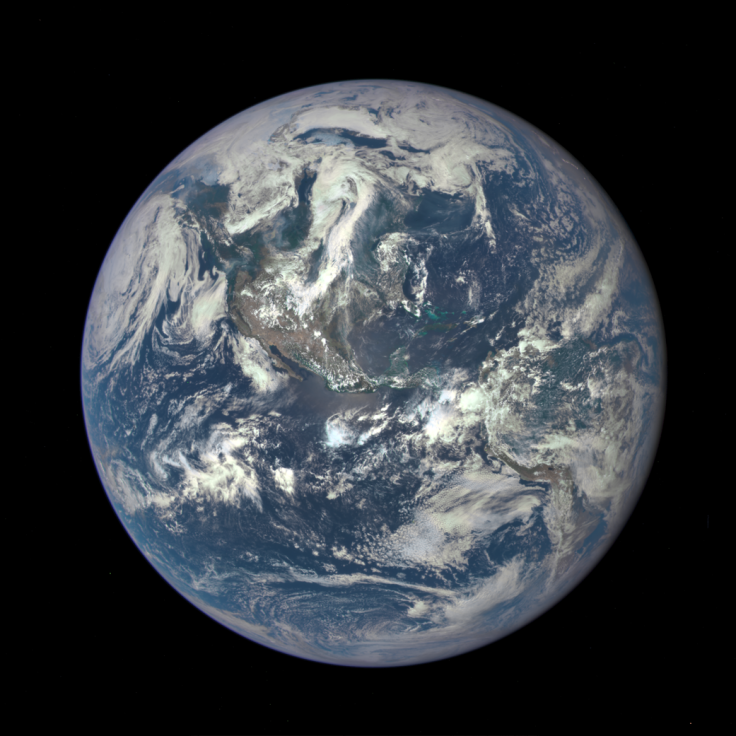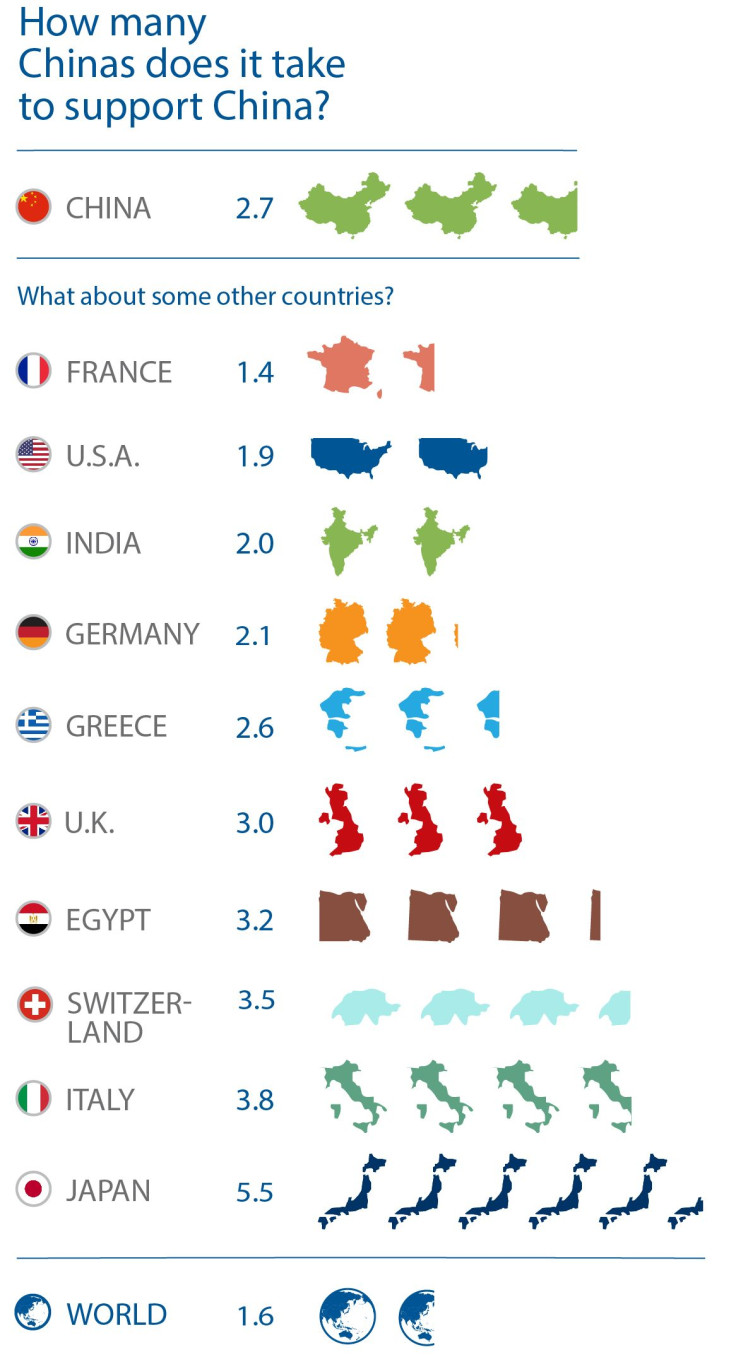Earth Overshoot Day 2015: What Happens When We Use More Than The Planet Can Renew?

Nature, much like your household, has a budget -- and there's consequences for going over that limit. Each year, the planet can produce only a finite amount of natural resources, but our demand typically consumes the supply quickly. Thursday marks this year's Earth Overshoot Day and each year the milestone arrives sooner on the calendar.
The Global Footrpint Network created Earth Overshoot Day to raise awareness of what our demands are doing to Earth's natural resources. "Earth Overshoot Day marks the date when humanity’s demand for ecological resources and services in a given year exceeds what Earth can regenerate in that year," the organization explained.
Overshoot is calculated by a simple formula: (Planet's Biocapacity -- the areas that provide natural resources/ Humanity's Ecological Footprint -- our demand for food, carbon emissions, livestock, plants, timber and available space) x 365.
Earth's not expanding and our demands for resources increase as we grow in terms of population and infrastructure. As we continue to outspend our ecological budget, that will lead to serious consequences for our planet.
"Humanity’s carbon footprint alone has more than doubled since the early 1970s, when the world went into ecological overshoot. It remains the fastest-growing component of the widening gap between the Ecological Footprint and the planet’s biocapacity,” Mathis Wackernagel, president of Global Footprint Network and co-creator of the Ecological Footprint resource accounting metric, said in a statement.
The first Earth Overshoot Day took place Dec. 23, 1970, the Global Footprint Network says. Each year, the day has been closer to the beginning of the calendar. In 2000, the day was Oct. 4 and last year it occurred Aug. 17.
While there's no way to reverse past damage, there are ways to limit future damage. President Barack Obama's Clean Power Plan looks to curb carbon emissions by reducing pollution from electricity, transportation and industry. Investment in renewable energy sources -- such as solar and wind -- also will ease our demands. The United Nations Climate Change Conference in December could lead to a global agreement on carbon emissions and minimizing the rise in temperatures that could lead to an irreversible trend in global warming, the Guardian reported.

© Copyright IBTimes 2025. All rights reserved.





















